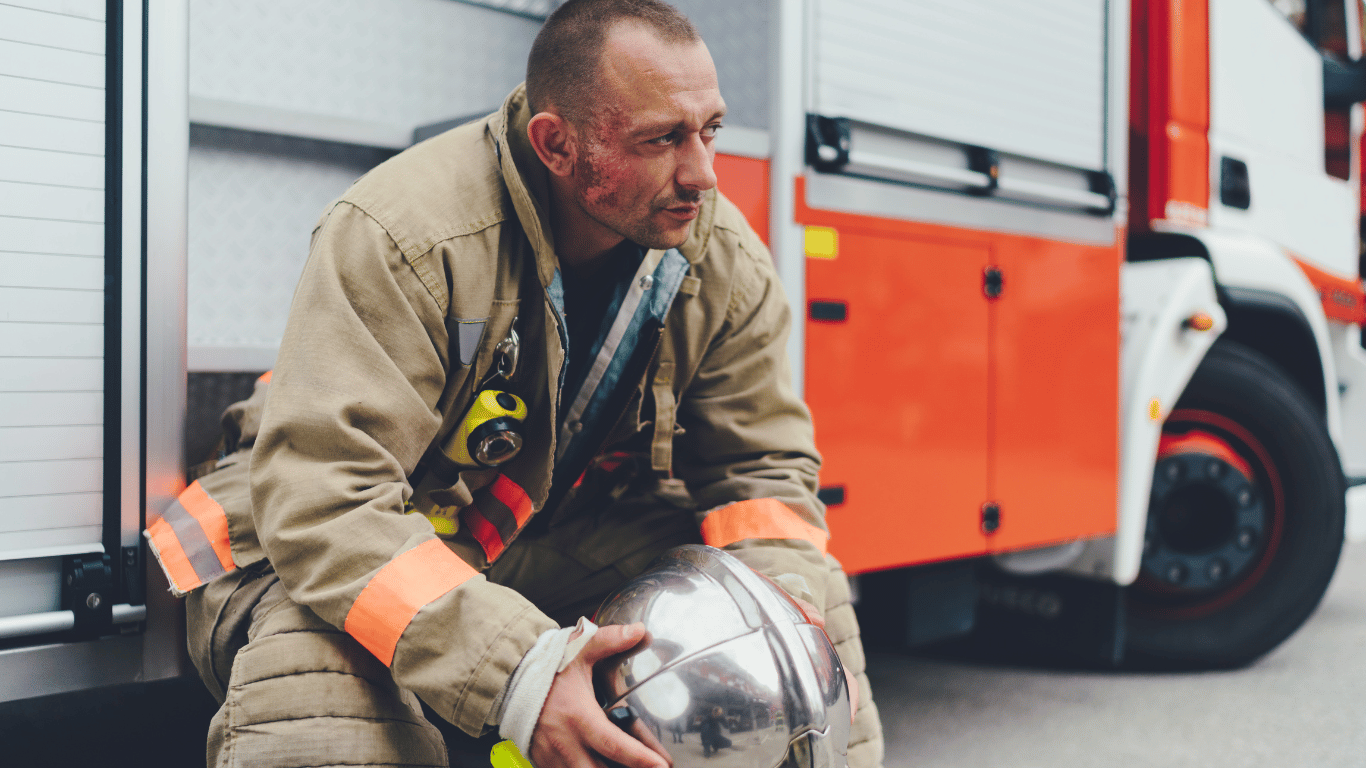First responders often deal with so much on their plates, they can struggle to feel secure. In every aspect of life, first responders must find the strength to move forward in the face of adversity. If they are in recovery from addiction, this is hard but necessary. Find out more about how to shore up strength for the journey.
Weakness is Okay
As first responders, the initial reaction is to think weakness is bad. While this isn’t true, it is hard to be vulnerable in such a challenging line of work. It is necessary to be logical and tactical. Strength comes from perseverance, putting the mind and body to rest, knowing everything will be okay. Internal fortitude means shoring up power from inside to deal with swirling circumstances outside. Even if the worst fears are confirmed, there is always hope for something better. Recovery from addiction is about focusing on inner strength and courage to keep going, even when it is not easy. That is something first responders are really good at doing when it comes to helping other people. When it comes to themselves, however, it’s an entirely different story. Putting themselves first by getting treatment and entering recovery may be the best thing they can do. It is hard but necessary if they are to move forward and heal.
First Steps
In recovery, the first week, month, and 90 days are going to be the toughest. The person is out there in the world, recovered and ready to go – or so everyone thinks. Unfortunately, people in recovery have not truly escaped the shackles of their addiction. Triggers to use and environmental cues may push them into relapse. They may not have enough strength to fight on their own without loved ones standing by their side. Eventually, many recovering addicts are grateful for even their worst experiences. Unfortunately, that feeling of gratitude comes much later in sobriety. In the meantime, they may regret having ever entered recovery because of how tough it is. There is no easy road to recovery. Personal growth does not come from being comfortable, it comes from being challenged.
Filling in the Cracks
As recovery continues, new things will fill in the gaps. Recovery meetings will begin to feel like a staple, new friendships will be cemented together, and this journey will not feel as rough as when the person started. However, there are issues in a person’s life that continue to emerge and need healing. Every person will require help and support from loved ones throughout the journey. Strength comes in many shapes and colors. It is about finding healthy ways to fill the cracks and avoid unhealthy habits. Eating well, drinking water, getting enough sleep, and practicing self-care are essential for the long journey.
Seeking Help
Every first responder understands how to show up to a scene and put the pieces together, but that is harder in a person’s own life. Sometimes those cracks are more apparent to others first. Let others tell you what they see. You can use the perceptions of others to cover up the gaps in your own. Relapse is common throughout recovery. First responders work the frontlines and are more susceptible to relapse due to continuing work in the field. Without being strong enough, they might turn back to substances to cope. Of course, this new concept of “strength” may be counterintuitive. Being strong might look like asking for help or getting vulnerable with your peers. No matter how it looks, asking for help is key to moving forward.
Don’t Be Unbreakable
An unbreakable person often feels they cannot be harmed in any way. Pressure slowly builds and, over time, will become stressed, tired, and unable to shoulder the issues they face. Shift focus to what needs to be done and find healing in others. Find support in small groups of friends and move ahead knowing what is broken can be healed and brought together again. Growth and strength come from doing what is hard. Try to:
- Write down goals and envision this new life
- Stretch to those goals but don’t push too hard
- Be vulnerable enough to say enough is enough
Some days are better than others. It can be hard to find the strength to keep going, but it is better to continue moving forward with loved ones by your side. Stay on the path and keep going.
Be Human
Just like on the job, no day will look the same in recovery. You may feel awesome and charged-up on certain days, while other days might feel challenging. There will be mountains and valleys, but no matter how hard it is, the benefits are well worth the journey. Strength comes from the resolve to continue moving ahead even when things are not easy. Focus on navigating the challenges and using your support group. Above all, know that people are there to support your healing.



